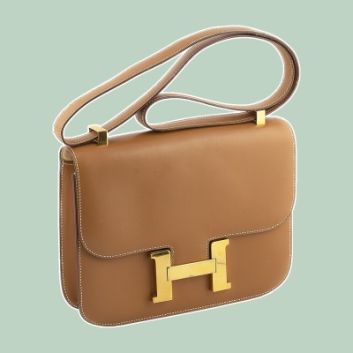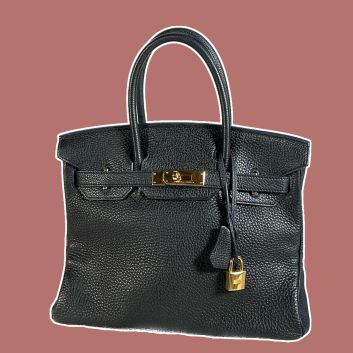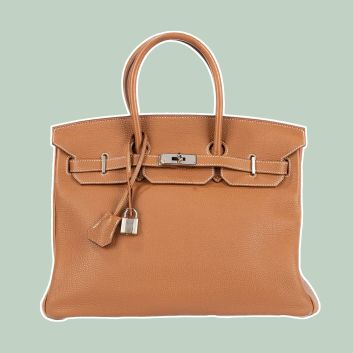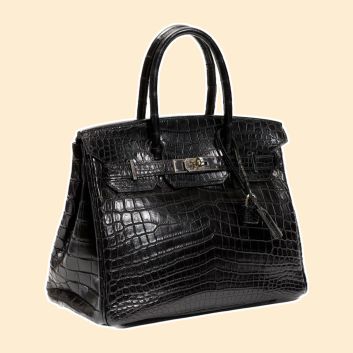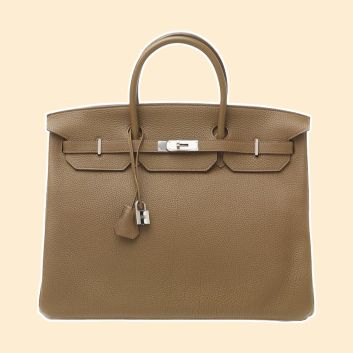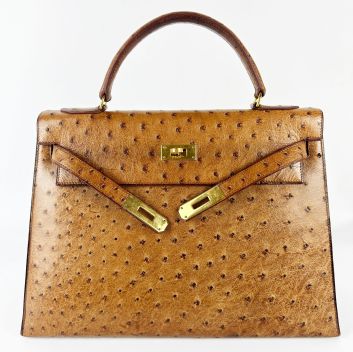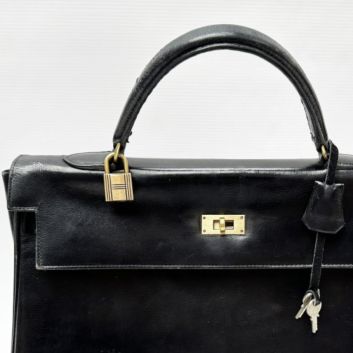Rating and value of Carré Hermès
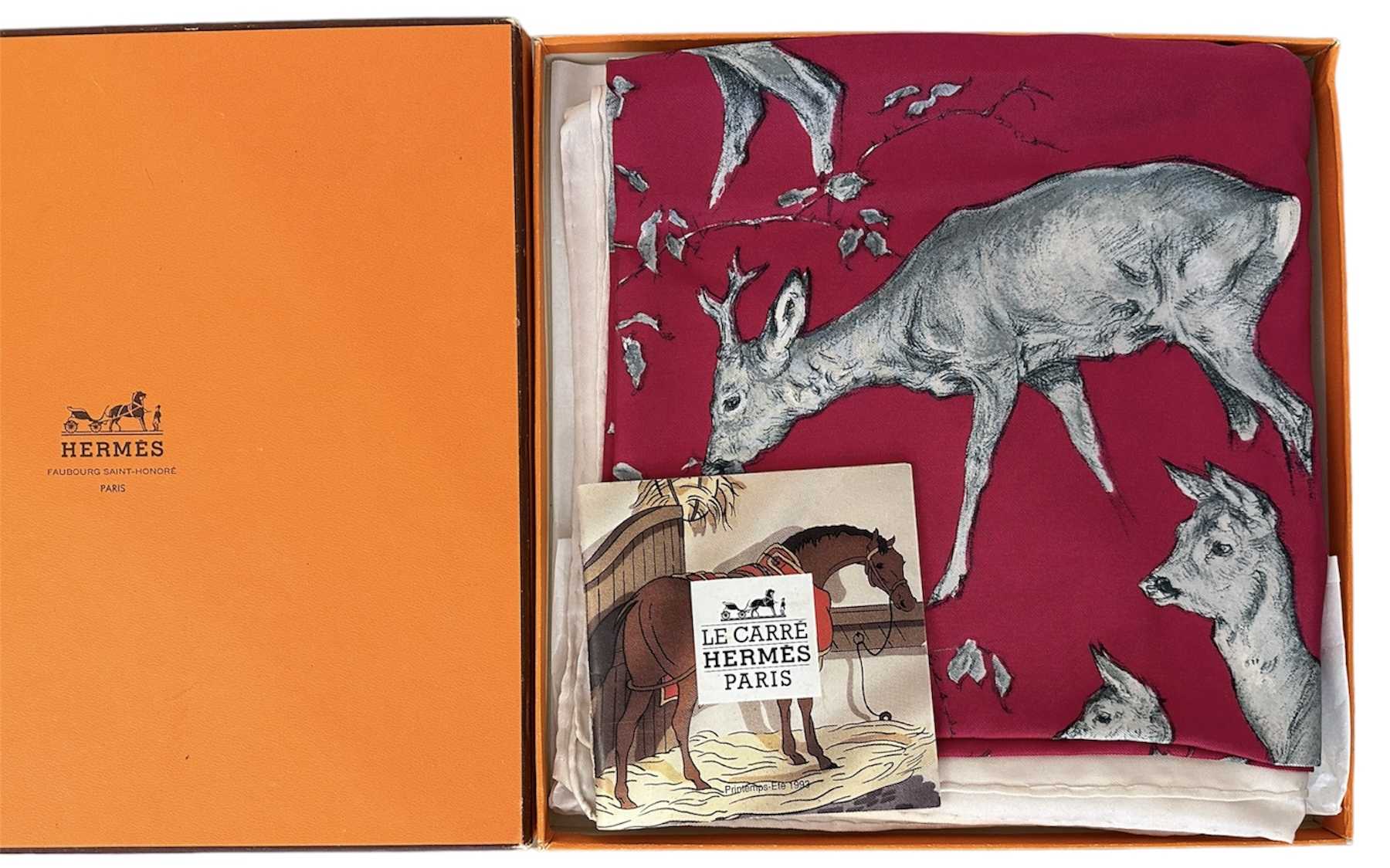
If you own a Carré d'Hermès, and would like to know its value, our state-approved experts and auctioneers will be happy to offer you their appraisal services.
Our specialists will carry out a free valuation of your Carré, and provide you with a precise estimate of its current market value.
Then, if you want to sell your scarf, we'll point you in the right direction to get the best possible price.
The price of a Carré Hermès may vary according to the year, the artist who created the silk print, the edition (limited or not), the motifs, the scene depicted and its rarity.
Rating and value of a Carré Hermès
The Carré is an iconic Hermès piece and a must-have for women's wardrobes, and its success is unquestionable.
The price at which it sells on the art and auction markets ranges from €70 to €9,600, a considerable delta but one that speaks volumes about the value that can be attributed to your Carrés.
In 2016, a crystal blue and steel blue Carré depicting a mosaic hunting scene sold for €9,600, whereas its estimate was between €80 and €100, i.e. 960 times its high estimate.
Order of value from classic Carré to the rarest and most sought-after
Square type | Results |
|---|---|
Square depicting an equestrian scene | From €70 to €2,600 |
Squares with motifs reproducing central symmetry or rosettes | From €130 to €2,700 |
Squares depicting hunting scenes or mosaics | From €200 to €9,600 |
Response in less than 24h
Reasons to sell a Carré Hermès at auction
The Carré Hermès is a timeless piece that has met with great success on the auction market. Often seen in auction rooms, these silk scarves never tire of collectors looking for ever rarer Carrés.
Every year, Hermès renews its catalog and offers customers new colors in its leathers: 2023 saw sunshine yellow, orange minimum and pop pink leathers.
The same goes for the Carrés: new artists create new designs for silk prints, with themes and graphics that vary greatly from one piece to the next.
Some scarves stand out for their success and rarity, and are much sought-after by bidders.
Personal collections, often including Carrés from different eras, are also highly sought-after, as they offer an overview of the stylistic evolution and history of the House of Hermès.
Find out more about the history of Le Carré
Auctions are therefore a solution to consider when selling your Carré, to gain time, visibility, potential buyers and, above all, high-ranking expertise.
Your scarf is thus in the hands of qualified auctioneers andexperienced experts, who are committed to showcasing your Carré in our sales specially dedicated to fashion.
Able to explain market trends and advise you on the right time to put your bag up for sale, they will advise and guide you to ensure you get the best price.
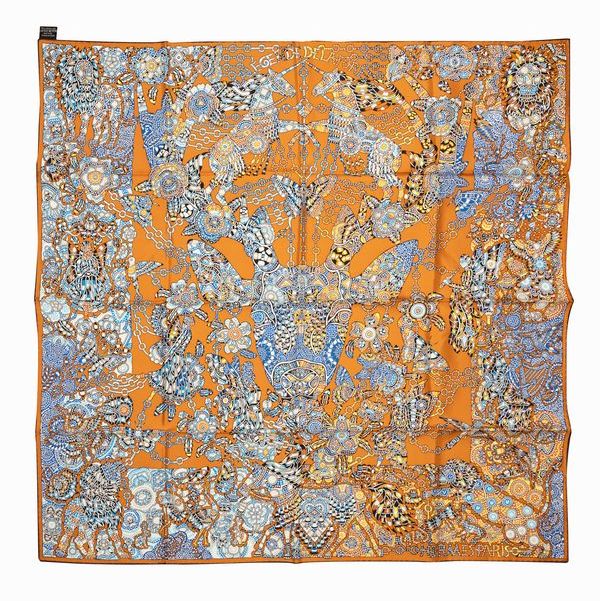
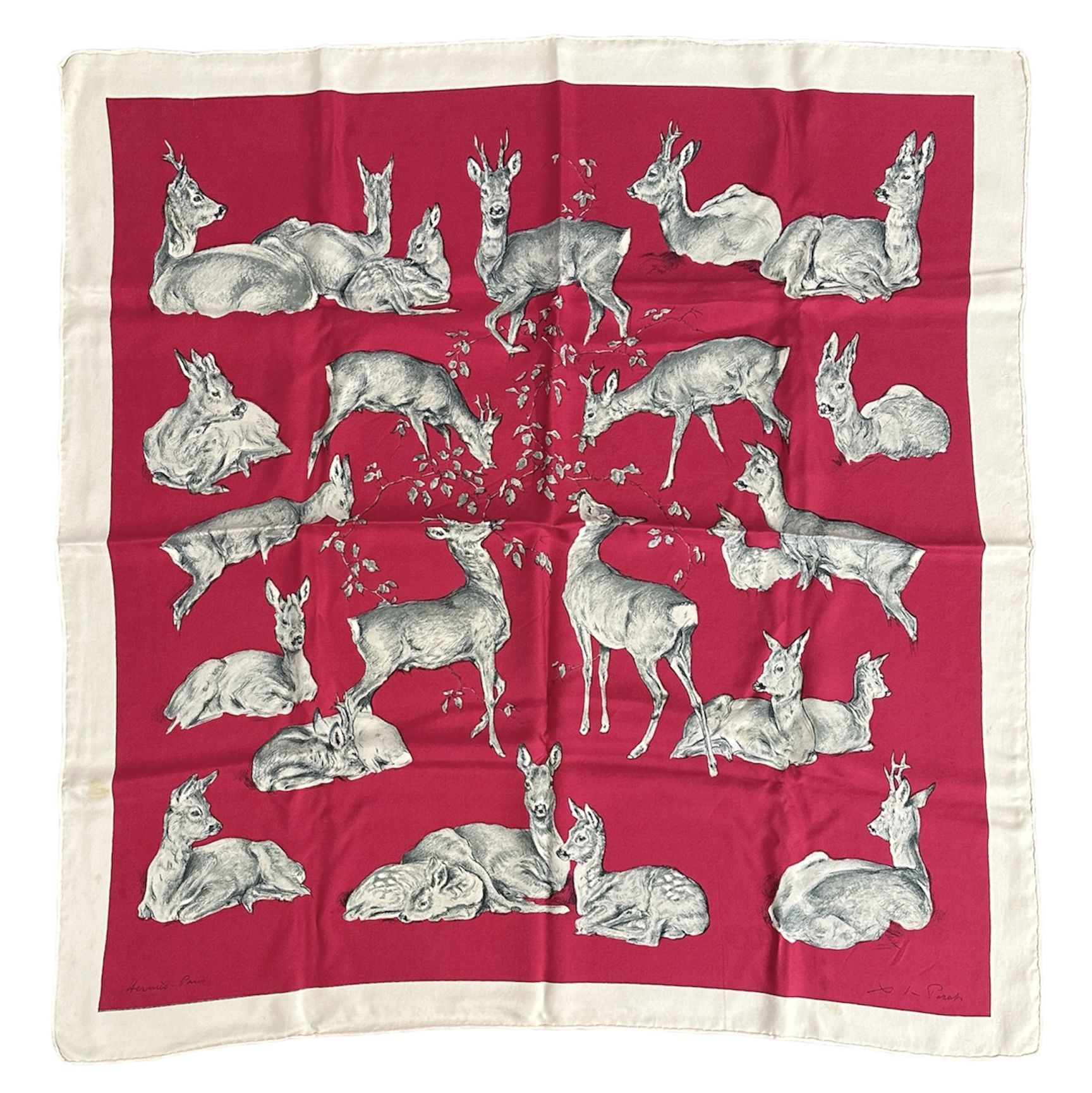
The story of the most famous scarf
Le Carré Hermès was born in 1927 from an idea by Robert Dumas, who greatly expanded the saddlery house. He was the father of Jean-Louis Dumas, the man behind the legendary Birkin, and the husband of Émile-Maurice Hermès' daughter.
Together with Lola Prusac, a stylist at the time, they developed the idea, taking inspiration from the handkerchiefs worn by soldiers in the Grande Armée and the Great War. The first model, Jeu d'Ominibus et de Dames blanches, refers to the new transport line linking Madeleine and Bastille at the time.
Little by little, the Carré Hermès became an emblem of Parisian luxury and an indispensable, timeless accessory for the modern woman. Hundreds of models have been produced over almost a century, and the craze continues to grow.
The format is simple: 90 cm by 90 cm, printed on silk with French roulotté stitching, made entirely in France, in the silk workshops of Lyon.
Often plagiarized, never equaled, although the copy can be seen as a tribute, the Carré de soie Hermès embodies iconic French elegance.
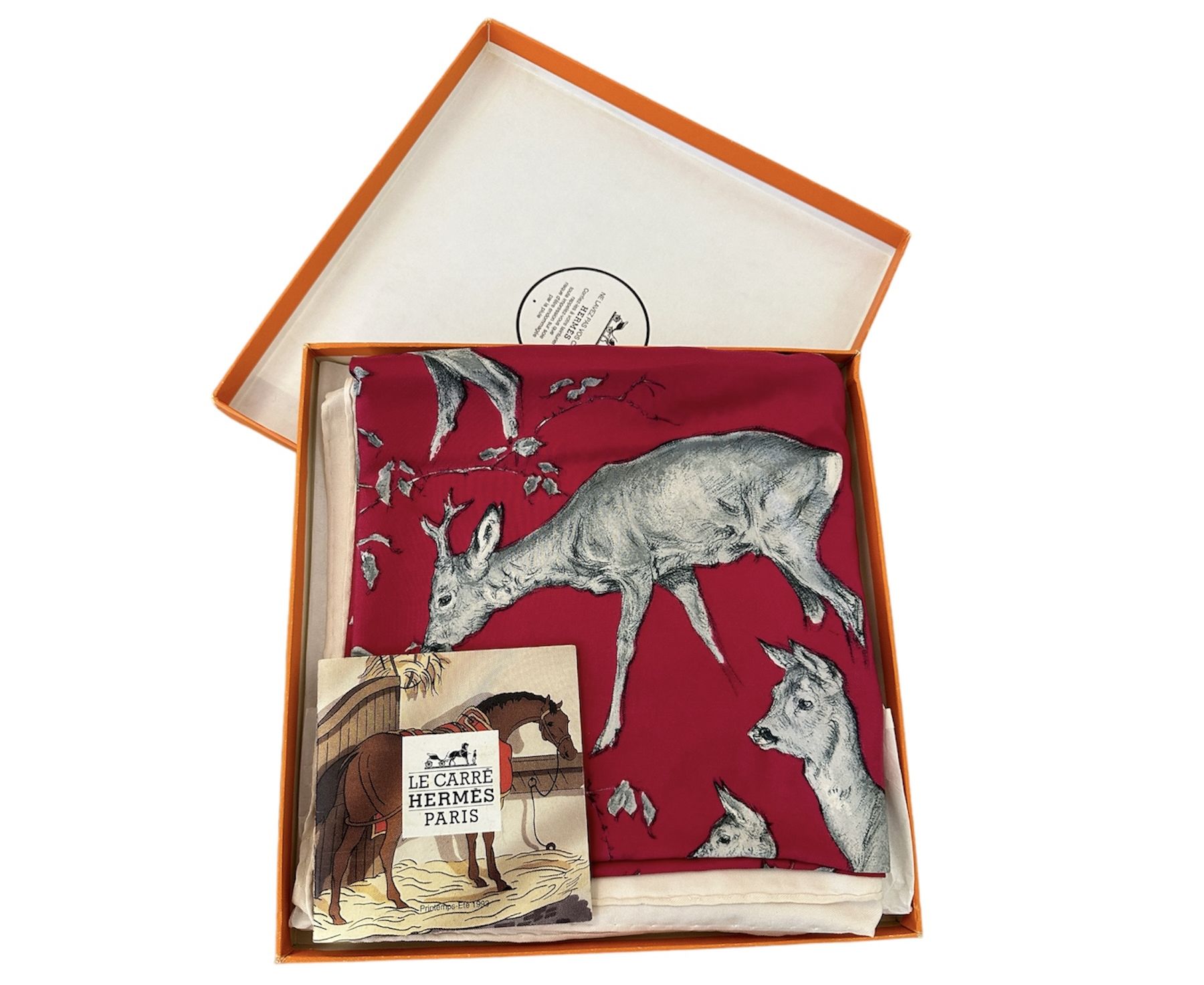
The icon of the French wardrobe
Worn as a scarf to relieve Grace Kelly's fracture, or on Brigitte Bardot 's head to hide from the paparazzi, the Carré has dressed the stars, princesses and fashion icons of the 20th century.
Today, it continues to sublimate French women, but is also available in cooler colors for men's wardrobes. Le Carré dares to use color, to liven up a black outfit, or to pair with a colorful top.
Suitable for all occasions, it can be collected again and again. Talented artists such as Hugo Grykar, Vladimir Rybaltchenko, Xavier de Poret and Charles Pittner have left their mark on the history of this exceptional accessory.
Embellished with equestrian motifs, celebrating French history, notably the Empire, or the saga of the Maison Hermès, it is now a tribute to fashion that has been handed down from generation to generation.
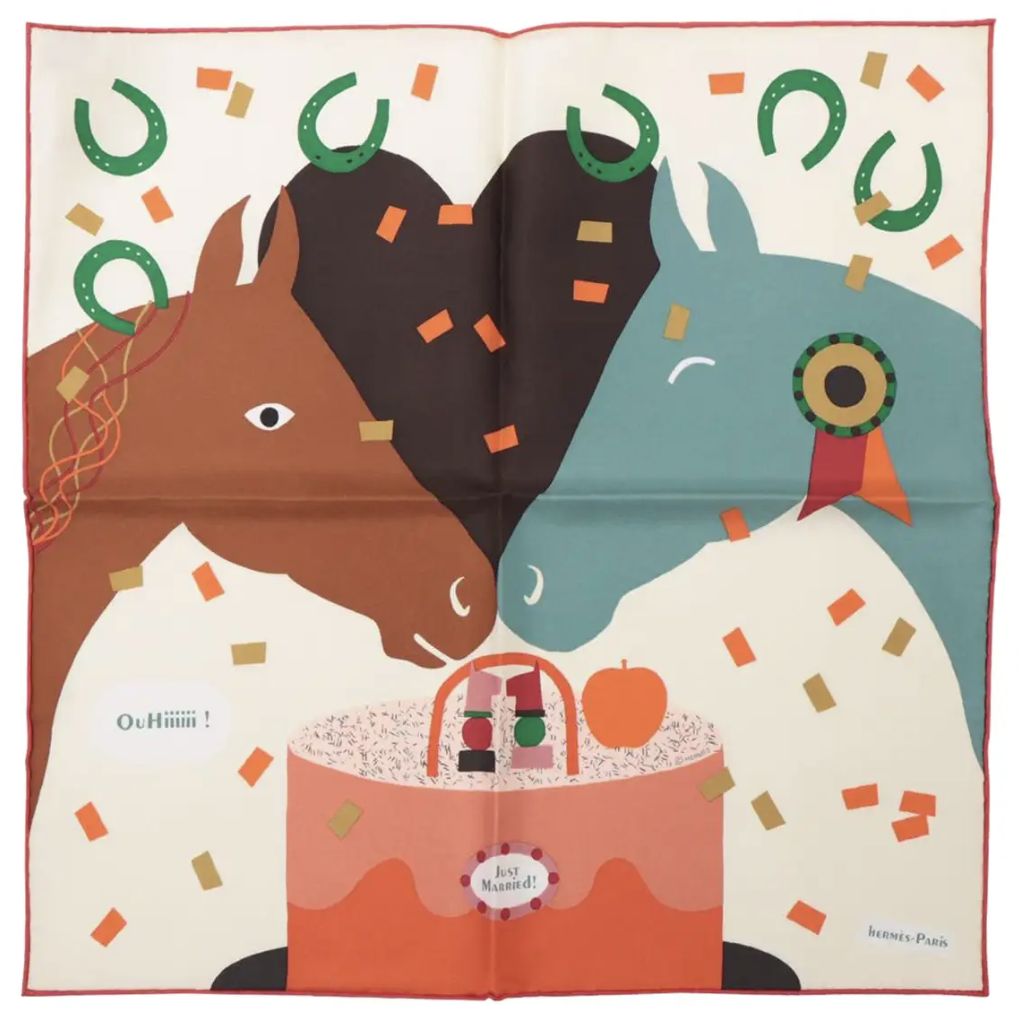
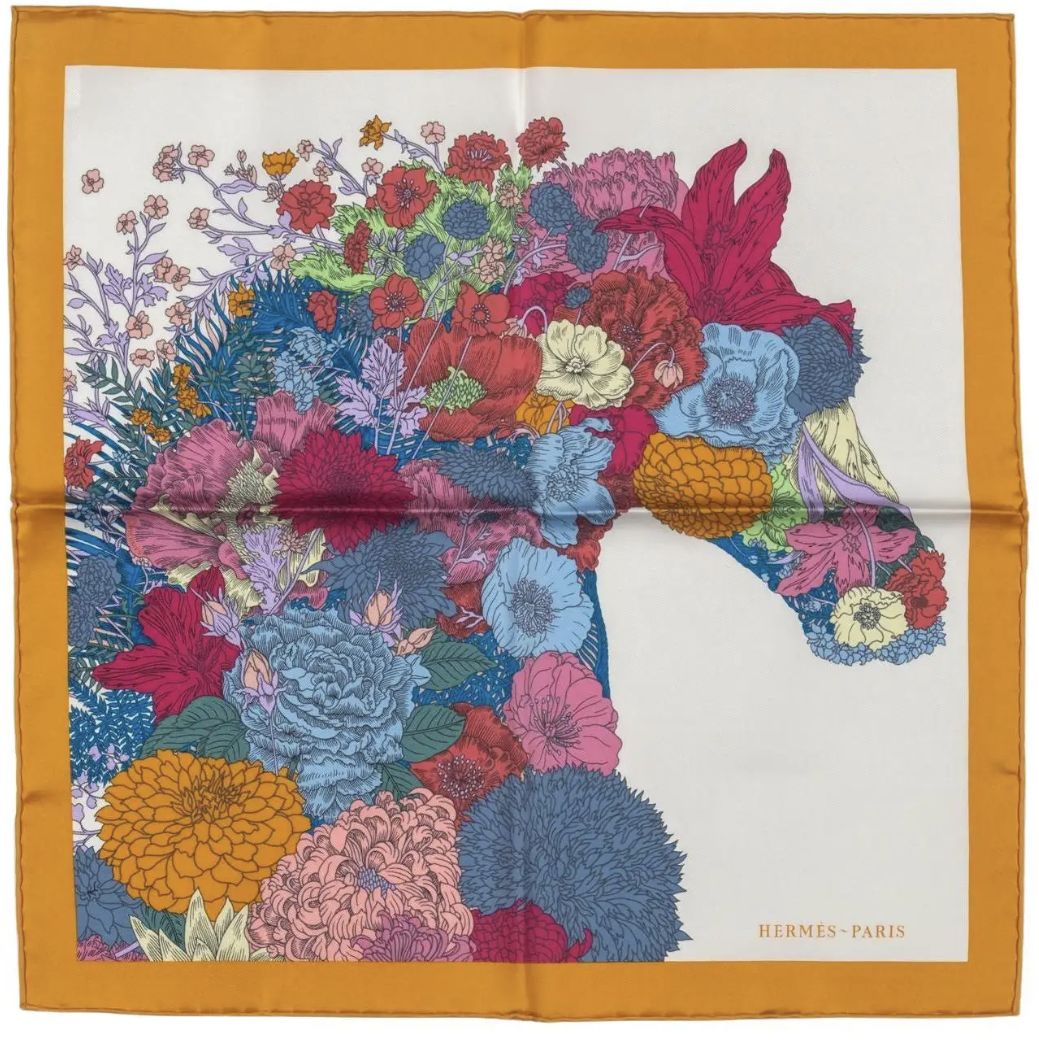
A unique manufacturing process
The manufacture of a Hermès carré is a meticulous process that combines traditional craftsmanship with technical innovation. Each square begins with a carefully hand-drawn design by an artist, which can take up to 18 months to finalize.
Next, the design is separated into different colors, sometimes up to 45, each requiring individual silk-screening. The fabric, usually a high-quality silk produced from silkworms bred by Hermès, is then stretched and attached to frames.
Colored inks are applied one by one through silk stencils, a delicate process that requires extreme precision to ensure that each color is perfectly aligned.
After printing, the squares are washed to fix the colors, then dried. Finally, each square is rolled and sewn by hand, a Hermès signature detail that adds a touch of elegance and finish to each piece.
This process, which can take several weeks, ensures that each Hermès square is a true work of art, unique and of the highest quality.
This lengthy process, though a different kind of work, is just as standardized and demanding as the manufacture of handbags(Birkin, Kelly...), which also follow a rigorous and specific procedure.
Recognizing an original Hermès Square
The counterfeit market is increasingly strong in the manufacture of all kinds of dupes, including silk scarves. On online platforms, the resale of these items continues to increase, and many customers are being tricked.
That's why, even though there are techniques for recognizing a genuine Carré Hermès, such as looking at the stitching or the signature on the bottom of the scarf, it's essential if you think you own a Carré to have it appraised in order to date it and be sure of its value.
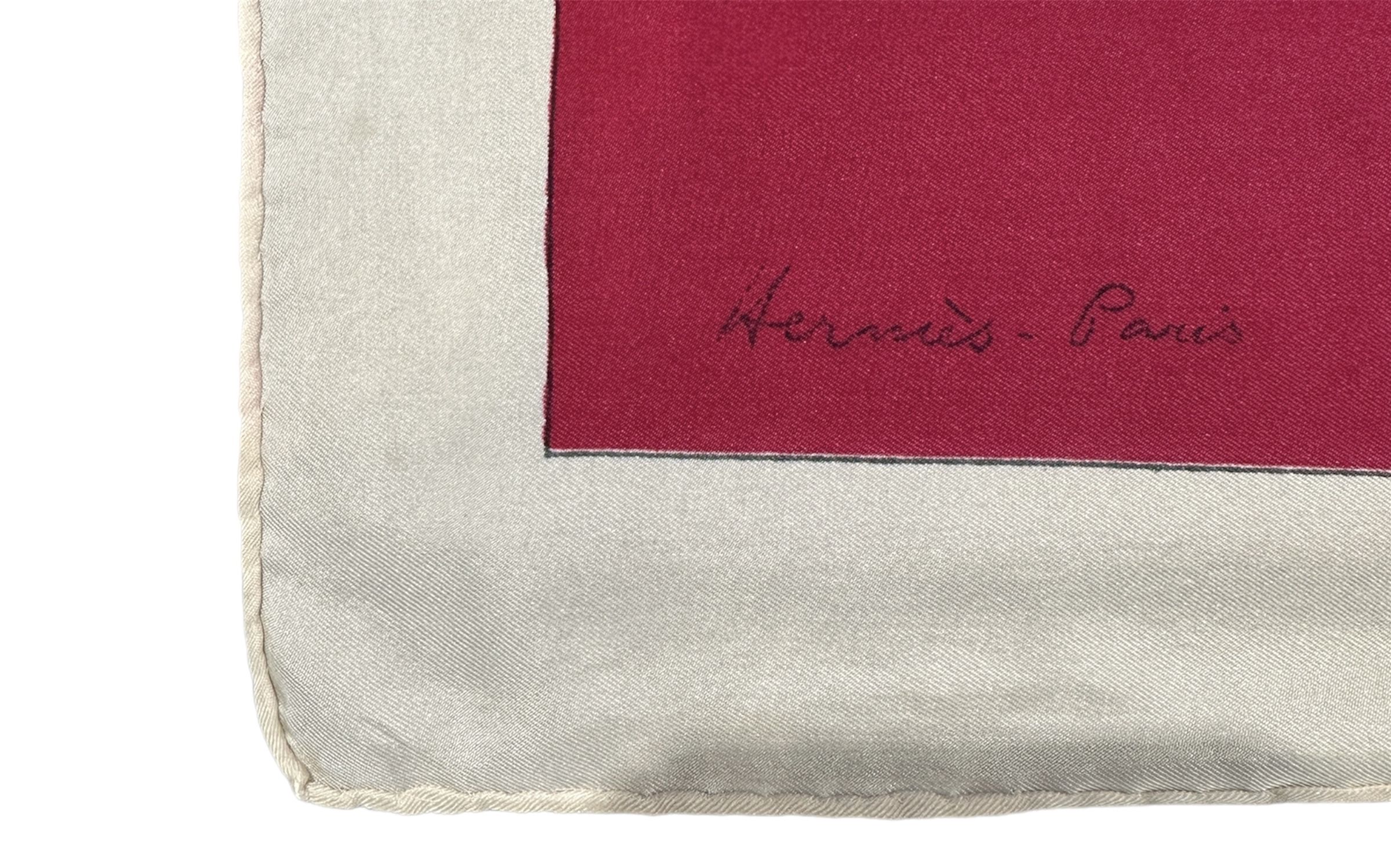
Find out the exact value of your Square
If you happen to own a Carré Hermès or are thinking of buying one, don't hesitate to request a free evaluation using the form on our website.
A member of our team of experts and certified auctioneers will contact you promptly to provide you with an estimate of the market value of your scarf, as well as any relevant information.
If you wish to sell your work of art, our specialists will also be on hand to help you sell it at the best possible price, taking into account market trends.
Response in less than 24h
Related topics
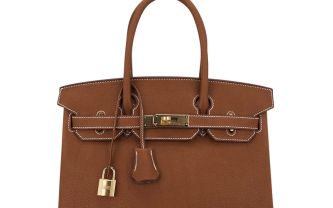
Sell your Hermès Birkins at auction
The Birkin is a timeless model from Hermès, whose value is undiminished and with an ever-rising price tag. Discover its value.
Read more >
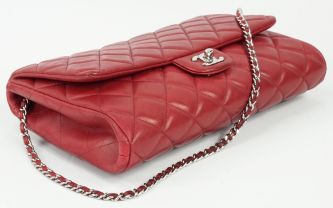
Rating and value of your Chanel Timeless handbags
Chanel's Timeless, a model available in three versions, has acquired considerable value over the years, and its value continues to rise.
Read more >
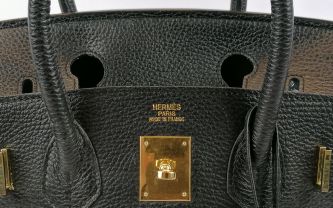
Rating and value of Hermès Birkin bags
The Birkin is a timeless Hermès bag that is highly prized at auction. Its value continues to rise on the auction market.
Read more >
Secure site, anonymity preserved
State-approved auctioneer and expert
Free, certified estimates
